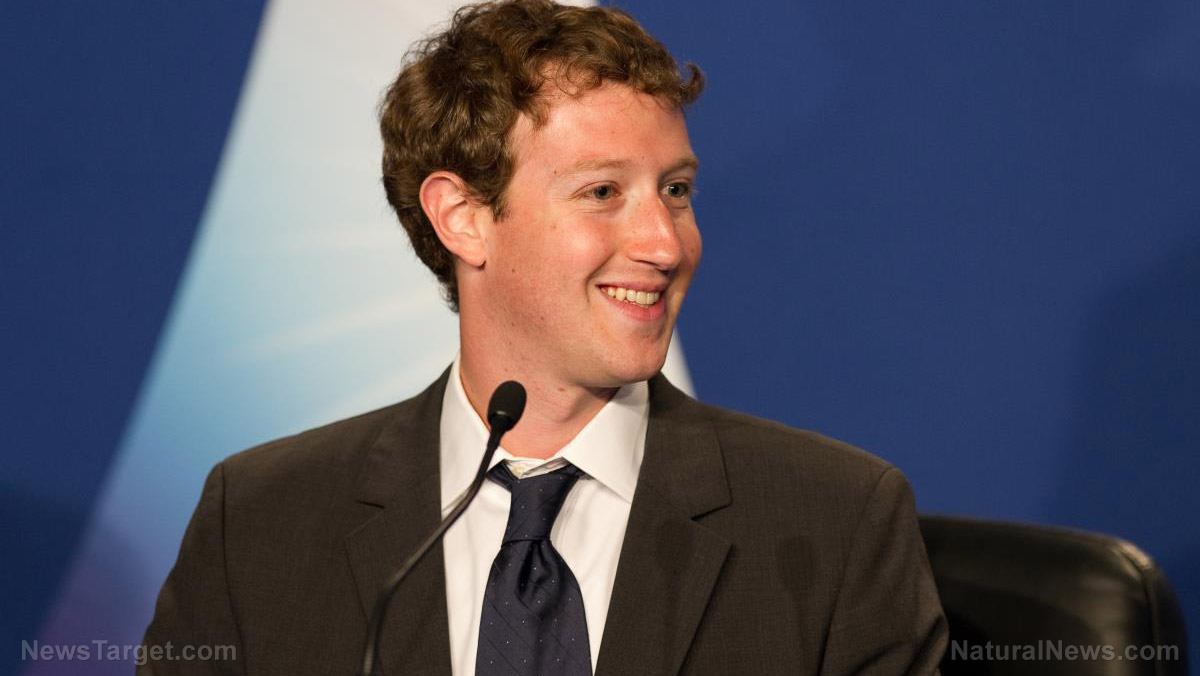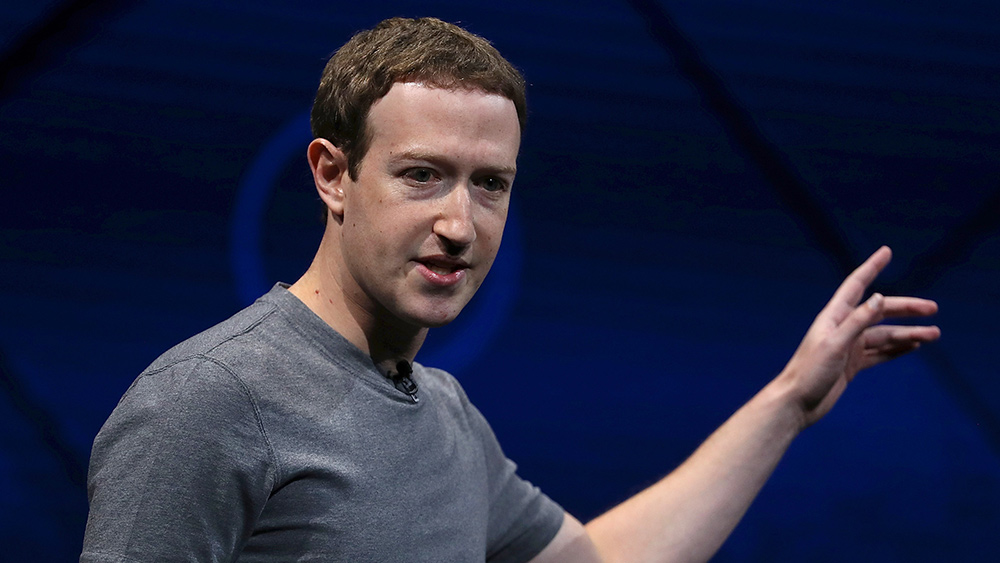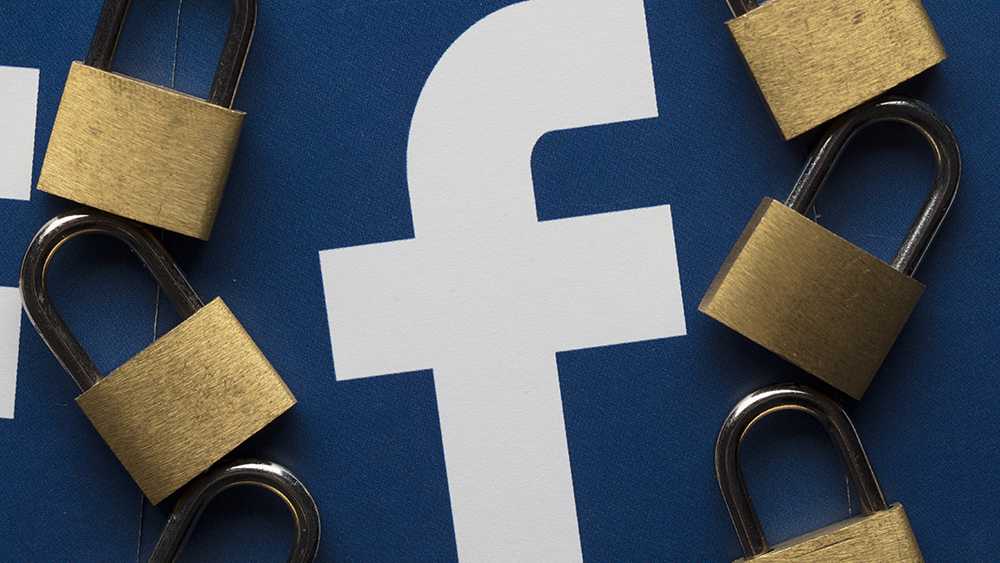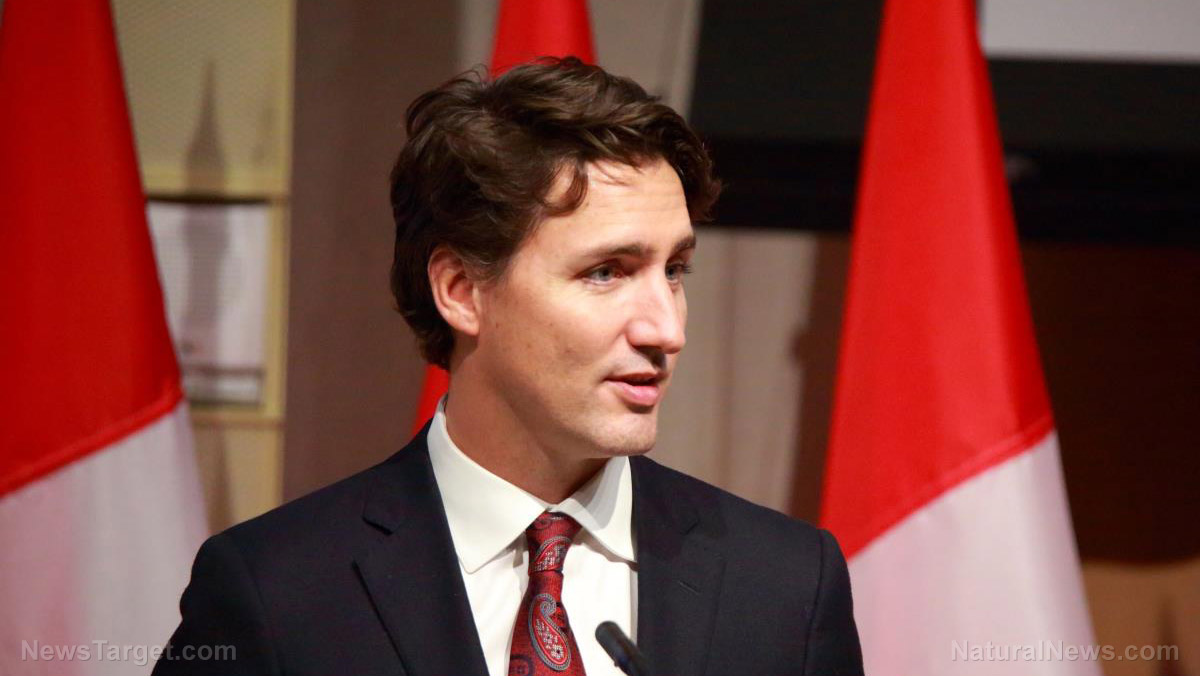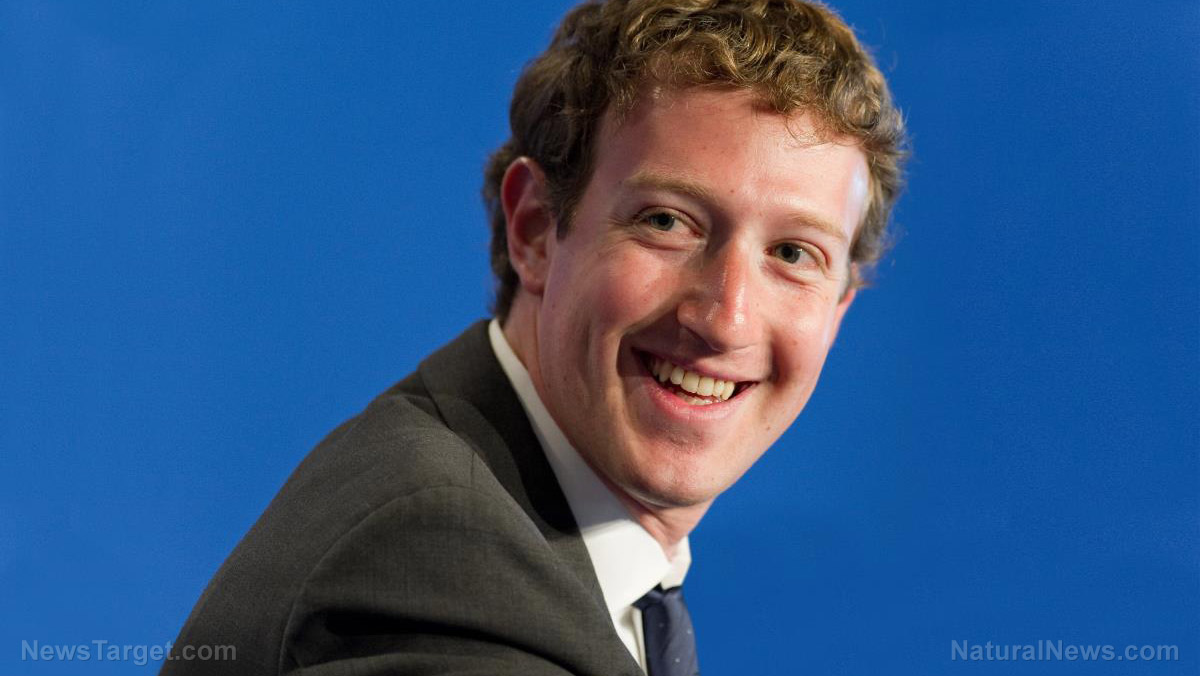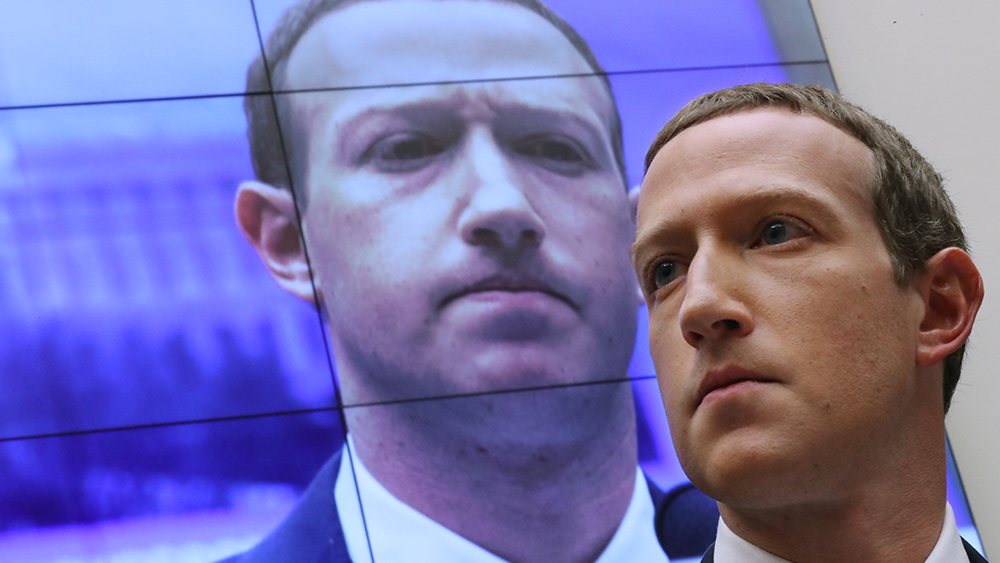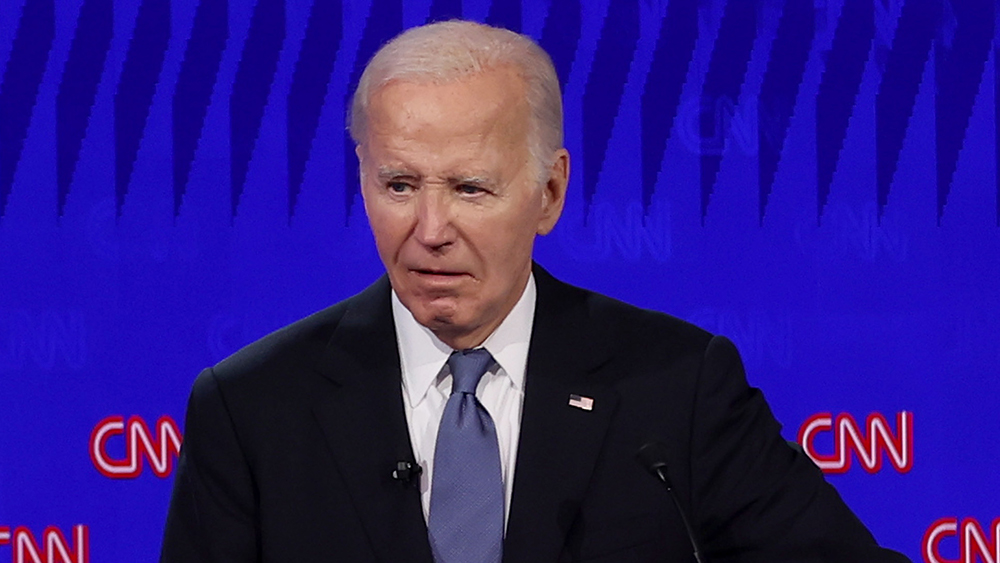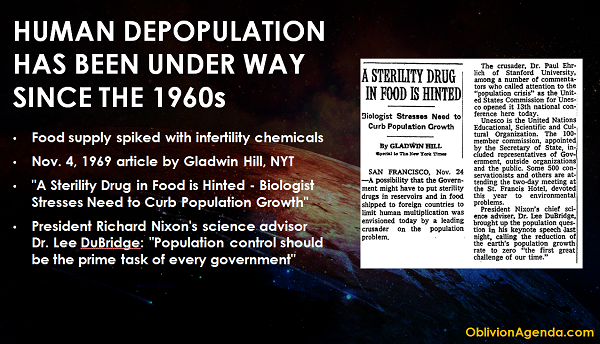Facebook drops fact-checkers, embraces free speech in major policy shift
01/11/2025 / By Cassie B.

- Meta announces it will no longer use third-party fact-checkers, shifting to a user-driven “Community Notes” system for content moderation.
- The decision follows lawsuits alleging government-backed censorship of dissenting voices, including COVID-19 and vaccine critics.
- Critics argue Meta’s previous approach was biased and stifled legitimate debate, prompting the new system to prioritize diverse user consensus.
- Free speech advocates praise the move but remain cautious, calling for accountability and restoration of suppressed accounts.
- Meta’s policy shift reflects a broader reckoning over free speech and content moderation practices in the digital age.
In a bold move that signals a seismic shift in the battle over free speech online, Meta, the parent company of Facebook and Instagram, announced it will no longer rely on third-party fact-checkers to police content on its platforms. Instead, the tech giant will adopt a new system called “Community Notes,” modeled after Elon Musk’s X, which empowers users to provide context and flag potentially misleading content. The decision, announced by Meta CEO Mark Zuckerberg on Tuesday, comes amid mounting criticism of Big Tech’s censorship practices and growing legal pressure from lawsuits alleging government-backed suppression of dissenting voices.
The timing of Meta’s announcement is no coincidence. Just weeks ago, Ty and Charlene Bollinger, founders of The Truth About Cancer and The Truth About Vaccines, filed a lawsuit against what they call the “Censorship Industrial Complex.” Their complaint alleges that Meta, along with federal agencies and NGOs, conspired to silence critics of COVID-19 policies, vaccines, and natural health alternatives. Similarly, Mike Adams, founder of Natural News and Brighteon, filed a lawsuit in May 2024 accusing the U.S. government of “censorship laundering” by funding overseas organizations to suppress free speech.
Zuckerberg’s decision to scrap fact-checkers marks a significant departure from Meta’s previous approach, which critics argue was rife with bias and overreach. “It’s time to get back to our roots around free expression on Facebook and Instagram,” Zuckerberg said in a video statement. He acknowledged that the company’s efforts to combat “misinformation” often led to mistakes, stifling legitimate political debate and silencing voices that challenged mainstream narratives.
A new era of user-driven moderation
Meta’s new Community Notes system, set to roll out in the U.S. over the next few months, will allow users to contribute context to posts they believe are misleading. Unlike the old fact-checking program, which relied on external organizations often accused of political bias, Community Notes will require consensus among users with diverse perspectives. This approach, Zuckerberg argues, is less prone to bias and more aligned with Meta’s original mission of fostering open dialogue.
The move has been applauded by free speech advocates, who have long criticized Meta and other platforms for censoring content that challenges government narratives, particularly on topics like COVID-19 vaccines and natural health. “This is a great opportunity for us to reset the balance in favor of free expression,” said Joel Kaplan, Meta’s Chief Global Affairs Officer, during an interview on Fox News.
However, the decision has also raised questions about the role of government in shaping online discourse. Critics of the Biden administration argue that federal agencies have been complicit in pressuring social media companies to silence dissenting voices. The Bollingers’ lawsuit, for example, alleges that the government worked hand-in-hand with Big Tech to suppress alternative viewpoints under the guise of combating “misinformation.”
A broader battle against censorship
Meta’s policy shift comes as part of a broader reckoning over free speech in the digital age. In recent years, platforms like Facebook and Twitter have faced intense scrutiny for their content moderation practices, with critics accusing them of disproportionately targeting conservative voices. The lawsuits filed by the Bollingers and Adams highlight the growing backlash against what many see as a coordinated effort to suppress dissent.
While Meta’s decision to embrace Community Notes is a step in the right direction, free speech advocates remain cautious. “It’s not enough to simply forge a new path forward—they must also repair the damage they’ve caused,” said Ty Bollinger. “Until they fully restore all our accounts, their censorship continues.”
As the battle over free speech rages on, Meta’s move signals a potential turning point in the fight against online censorship. Whether this shift will lead to a more open and inclusive digital public square or simply serve as a temporary reprieve remains to be seen. For now, Zuckerberg’s decision to prioritize free expression over censorship is a victory for those who believe in the power of open dialogue and the First Amendment.
Sources for this article include:
Submit a correction >>
Tagged Under:
banned, big government, Big Tech, Censorship, Facebook, Facebook collapse, Fact Check, fact checkers, First Amendment, free speech, Glitch, mark zuckerberg, meta, Meta Platforms, meta tyranny, Social media, speech police, Suppressed, tech giants, thought police
This article may contain statements that reflect the opinion of the author
RECENT NEWS & ARTICLES
COPYRIGHT © 2017 CENSORSHIP NEWS

